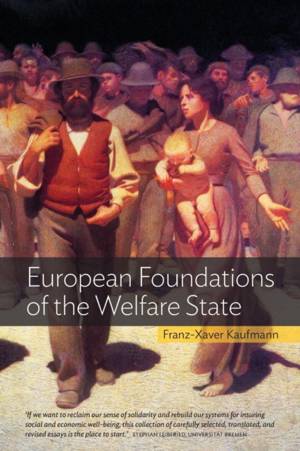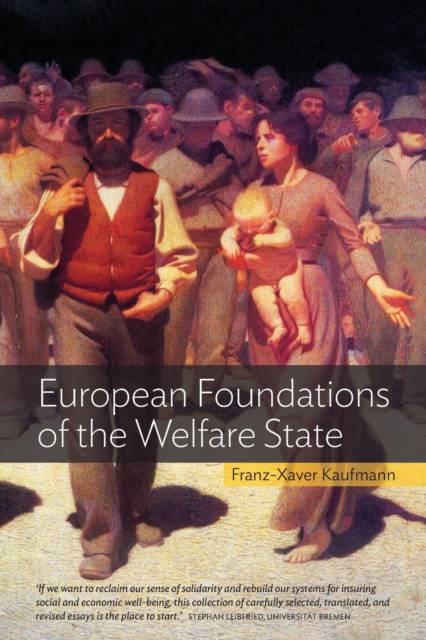
- Retrait gratuit dans votre magasin Club
- 7.000.000 titres dans notre catalogue
- Payer en toute sécurité
- Toujours un magasin près de chez vous
- Retrait gratuit dans votre magasin Club
- 7.000.0000 titres dans notre catalogue
- Payer en toute sécurité
- Toujours un magasin près de chez vous
Description
While social welfare programs, often inspired by international organizations, are spreading throughout the world, the more far-reaching notion of governmental responsibility for the basic well-being of all members of a political society is not, although it remains a feature of Europe and the former British Commonwealth. The welfare state in the European sense is not simply an administrative arrangement of various measures of social protection but a political project embedded in distinct cultural traditions. Offering the first accessible account in English of the historical development of the European idea of the welfare state, this book reviews the intellectual foundations which underpinned the road towards the European welfare state, formulates some basic concepts for its understanding, and highlights the differences in the underlying structural and philosophical conditions between continental Europe and the English-speaking world.
Spécifications
Parties prenantes
- Auteur(s) :
- Editeur:
Contenu
- Nombre de pages :
- 400
- Langue:
- Anglais
Caractéristiques
- EAN:
- 9781782386872
- Date de parution :
- 01-12-14
- Format:
- Livre broché
- Format numérique:
- Trade paperback (VS)
- Dimensions :
- 152 mm x 229 mm
- Poids :
- 544 g

Les avis
Nous publions uniquement les avis qui respectent les conditions requises. Consultez nos conditions pour les avis.






